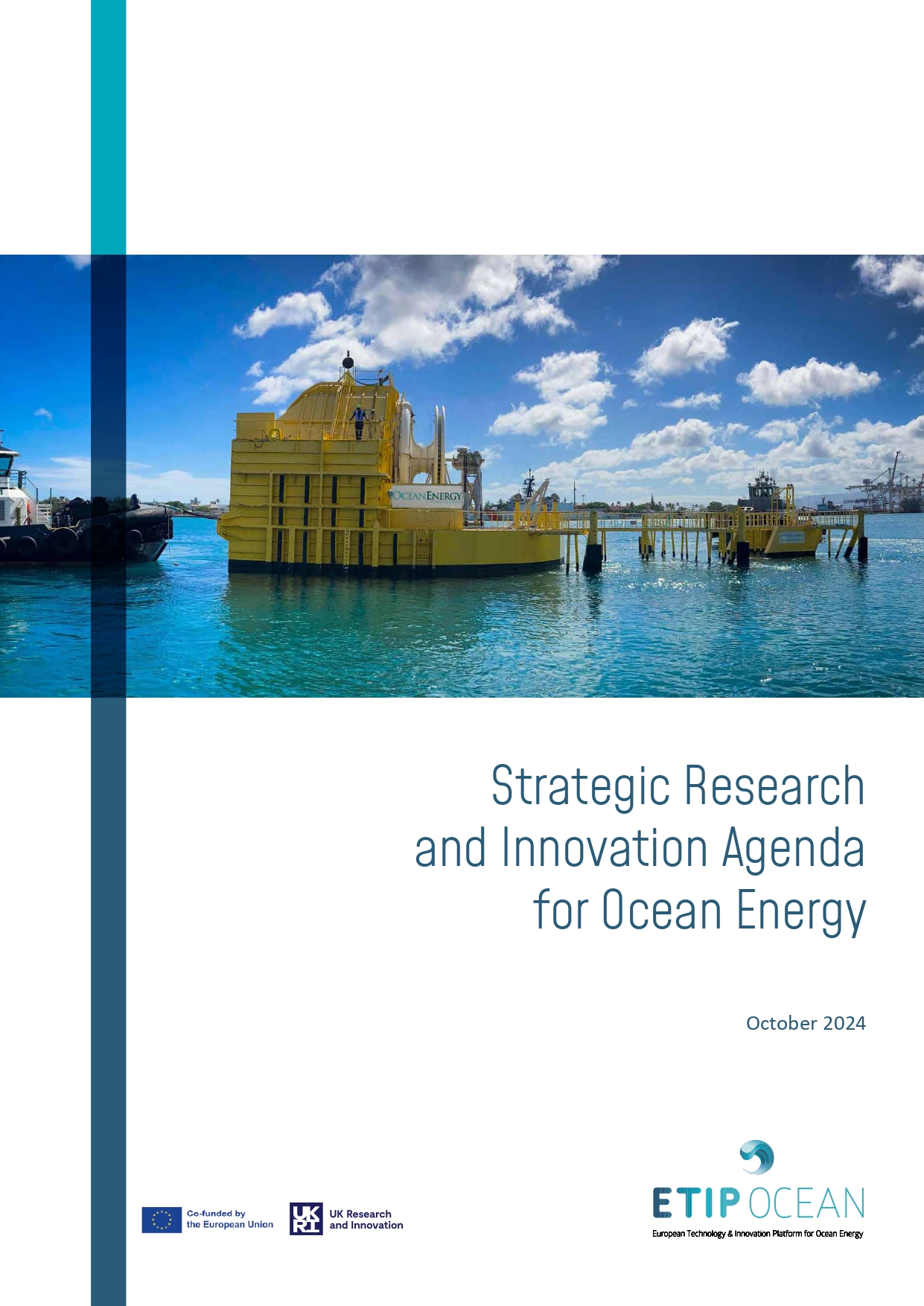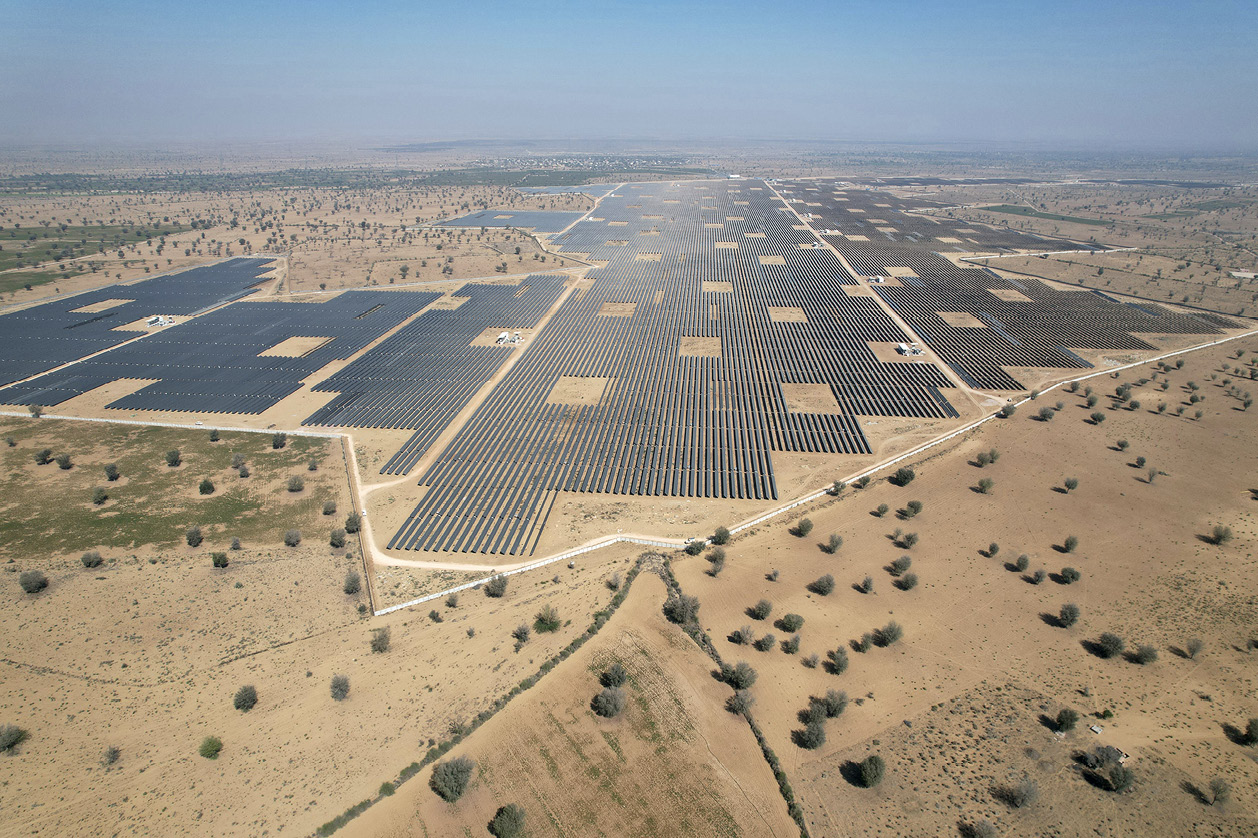Cyprus set to abandon net metering
The Cyprus Ministry of Energy, Commerce says it will accept applications for new net metering and net billing systems until Oct. 1, 2025. While the government has not announced its next steps, pv magazine has learned that it plans to phase out net metering.

The Cyprus Ministry of Energy, Commerce says it will accept applications for new net metering and net billing systems until Oct. 1, 2025. While the government has not announced its next steps, pv magazine has learned that it plans to phase out net metering.
Cyprus’ new domestic electricity market design, modeled on the European Union’s liberalization framework and allowing competition at both wholesale and retail levels, is set to launch on Oct. 1, 2025.
A recent press release from the Ministry of Energy, Commerce and Industry confirmed this date as the last day the country will accept applications for new net metering, virtual net metering, net billing, and virtual net billing systems.
The press release said the current plan allows the energy minister to extend the deadline. However, pv magazine has learned from market sources that Cypriot solar installers are preparing for the shutdown of the net metering and virtual net metering schemes.
This marks a significant shift for Cyprus. In 2024, the country installed 159 MW of new solar capacity, of which 100 MW came from self-consumption systems under net metering and net billing. As of the end of December 2024, Cyprus had installed 797 MW of solar, with around 350 MW from self-consumption net metering and net billing systems.
Net metering applies to residential systems, crediting PV generation at the retail electricity rate. Net billing, used by commercial and industrial systems, credits generators at the wholesale rate.
The biggest challenge facing Cyprus’ renewable energy sector in the past two years has been uncontrolled green energy curtailment.
From January to May 2025, the country curtailed 145,000 MWh of renewable energy – 58% of an estimated 251,000 MWh of potential clean generation. In 2024, Cyprus curtailed 29% of its generated renewable energy.
Curtailment of solar from residential PV systems has also reached record levels. In the first five months of 2025, grid operators curtailed 19,850 MWh from residential and small commercial PV systems – about 14% of the total curtailed energy in that period.
These figures have alarmed small-scale solar generators, who now question the future of their investments and of the self-consumption schemes.
Dr. Andreas Procopiou, an energy expert and founder of CyprusGrid, an energy analytics platform, told pv magazine that although there is no official announcement on what happens after Oct. 1, 2025, “it is expected that after the start of the competitive electricity market, net metering will be abolished, and a net billing scheme with mandatory battery storage will be introduced.”
Other industry contacts told pv magazine they are awaiting further clarification from the energy ministry on the future of the self-consumption schemes.
Given the ministry’s press release linked these schemes to the launch of the competitive market, pv magazine asked Procopiou whether the two are incompatible. He said net metering and net billing are not incompatible with the upcoming market but are not well suited to its structure.
“Net metering, in particular, is based on administratively set offsets that ignore the real-time market value of electricity. Net billing is somewhat closer to market logic because exported energy is compensated at a fixed price that is lower than the retail electricity tariff, creating an incentive for increased self-consumption,” he said. “However, even in net billing, the compensation is usually set administratively or based on a fixed price agreed contractually with the energy supplier, rather than dynamically reflecting actual market conditions.”
“In a fully liberalized market where energy prices change half-hourly and suppliers compete on offers, it makes more sense to have self-consumption policy frameworks where exported energy is settled transparently at market-based prices. This dynamic pricing would better align with market conditions and improve transparency around the true value of self-produced electricity. That’s why many countries have gradually moved away from traditional net metering when opening their retail electricity markets. So, in practice, the new market makes it necessary to adapt or replace these schemes rather than being outright incompatible.”
What's Your Reaction?


















































